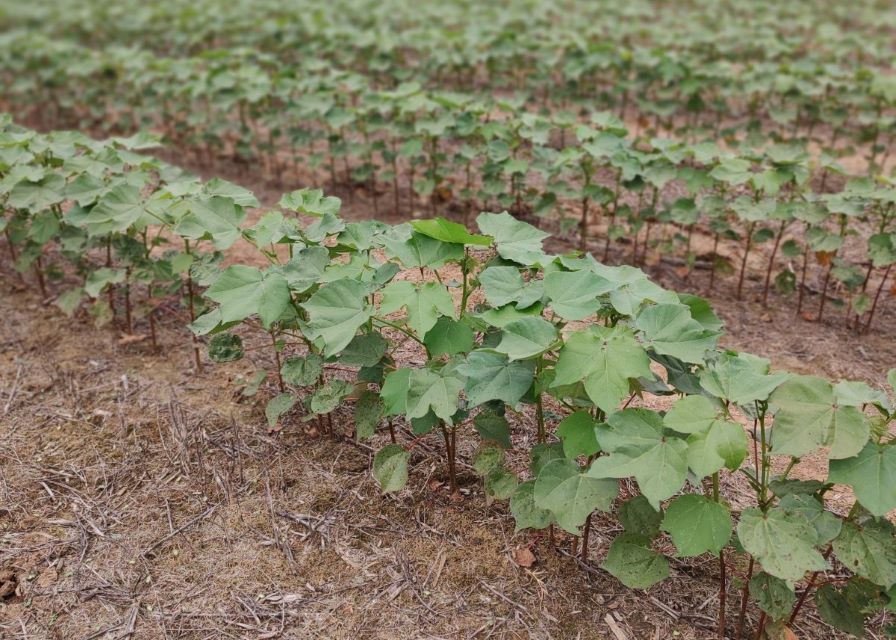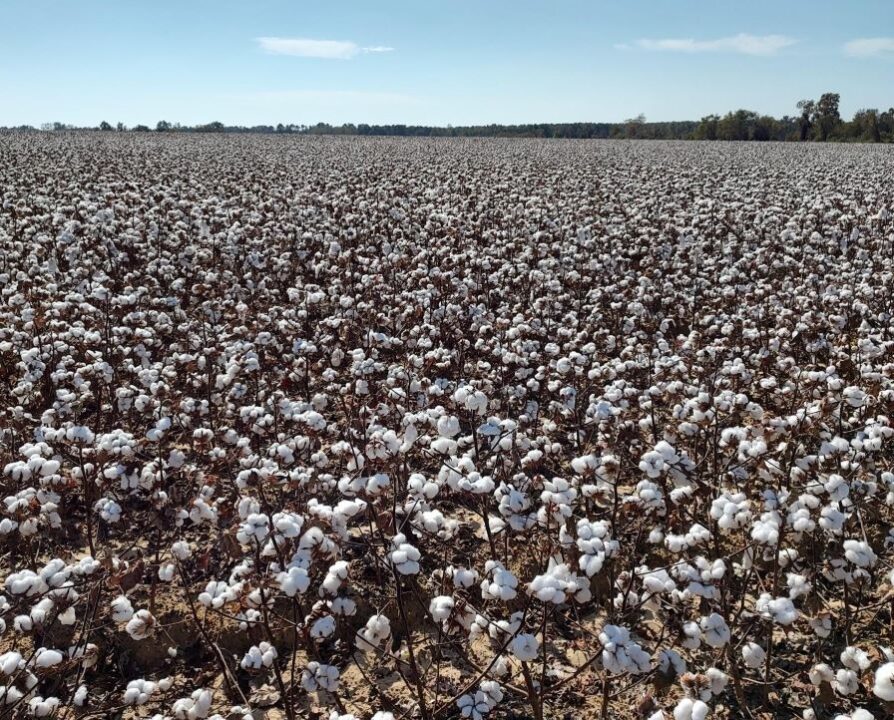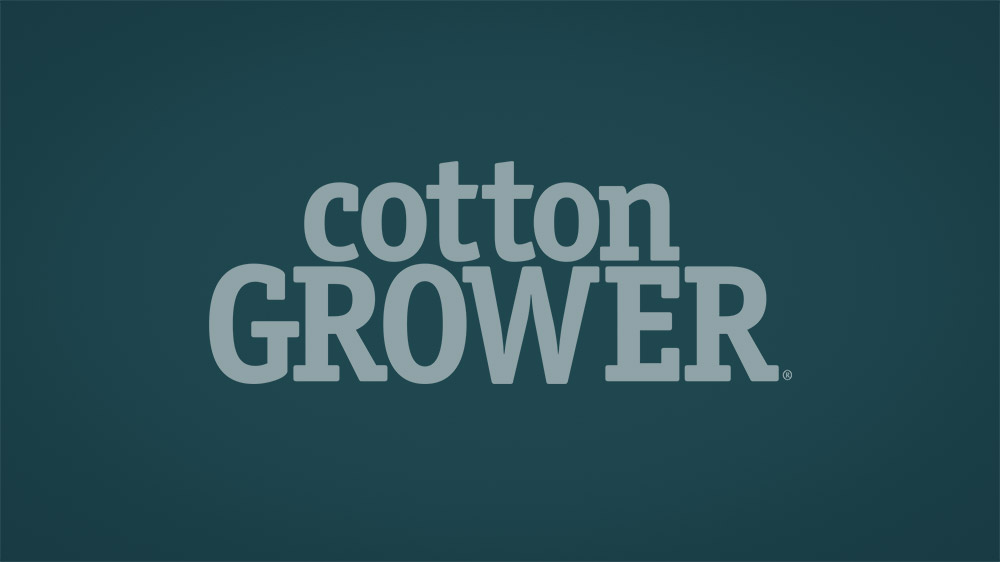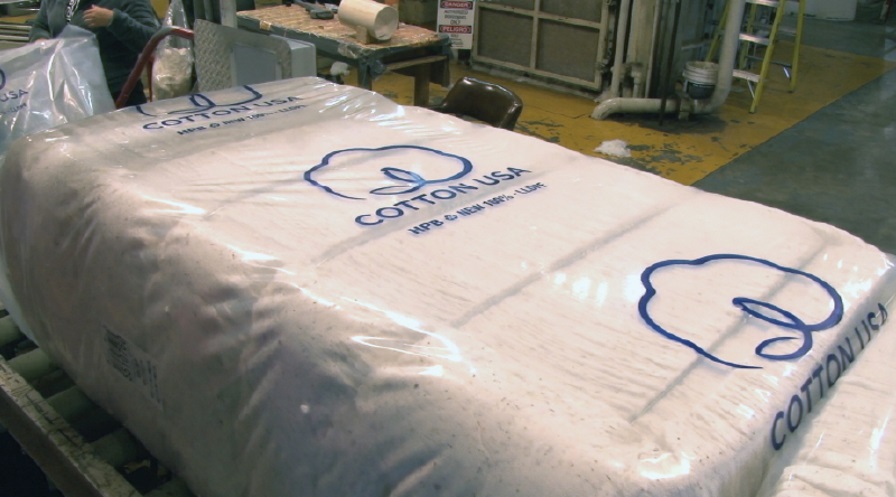Attendees Report from World Congress on Organic Cotton
September 24, 2009
Thanks to the wonders of the Internet, attendees at the World Congress of Organic Cotton’s “From Fashion to Sustainability” conference are reporting via streaming video. The meeting of industry insiders concludes on September 25 in Interlaken, Switzerland.
By logging on to http://ocplatform.wordpress.com, viewers may see and hear the thoughts of executives from around the world.
Melchior Lengsfled of Helvetas, the conference’s coordinator, offers background on his organization’s work to support more than 50,000 farmers and families in the organic cotton industry. Based in Switzerland, Helvetas is a private, independent organization that supports development projects throughout the world. Organic cotton is one of its chief areas of focus. Langsfeld suggests that no one entity can promote organic cotton alone. He calls for partnerships that will make the burgeoning industry — organic cotton now accounts for 55% of all cotton consumption, according to Helvetas — sustainable.
Peter Tschannen of Remei AG, the Swiss maker of organic cotton yarns and garments, offers insights from a manufacturer’s perspective. He describes how partnering with cotton producers in India has helped integrate farmers in the value chain and propelled his company into a leading role in the organic cotton sector.









